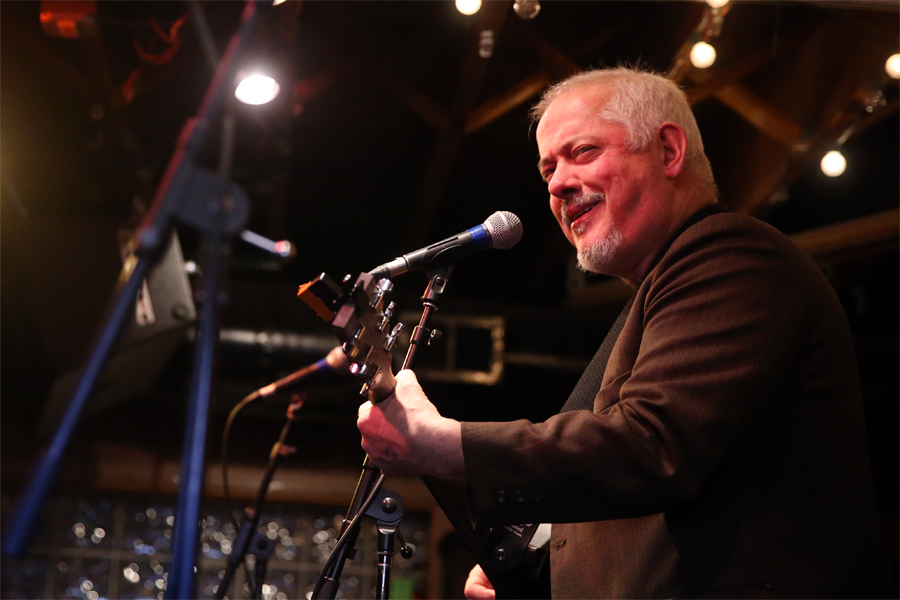On Tuesday, February 9, the Hideout is hosting a throwback concert benefiting the Young Patriots Organization (YPO), a group that arose in 1960s Uptown. "From Blues to Blue Grass: The Radical Tradition in Politics and Music," headlined by Jon Langford of the Mekons and Waco Brothers, mirrors an event held decades ago when the YPO—a group of white Southern migrants allied with the Black Panthers—held a series of concerts to draw attention to their causes (including the planned Hank Williams Village in Uptown, which I've written about before).
It also marks the YPO's reemergence from the shadows of history, a multicity revival that includes a traveling exhibit "reinterpreting white anti-racist organizing from the 1970s." The YPO formed as part of broader overlaps between street gangs and revolutionary political groups that took organizing in new directions, as University of Illinois-Springfield historian Devin Hunter writes:
[A]nger simmered, most notably with the politicization of the “Uptown Goodfellows,” a street organization of southern and Appalachian tough guys. The Goodfellows took cues from similar black and Latino groups that were beginning to evolve from gangs into political units. Despite some reservations and occasional strains, JOIN [Jobs or Income Now] worked with the Goodfellows, and the two groups often overlapped and seemed as one.
The politicization of the Goodfellows took hold, Hunter notes, at a fascinating time: one week after Martin Luther King's march on Marquette Park, and the same day as Jesse Jackson's sequel in neighboring Bogan. In other words, as South Side whites were violently protesting open-housing marches, North Side whites were marching to protest police brutality.
The cultural divide reflected in that contrast laid the groundwork for the YPO. As Patrick King writes, the Students for a Democratic Society—a New Left student activist group—could be strange bedfellows with working-class whites because of class differences:
Where JOIN found greater success, however, was in engaging community concerns, or “immediate grievances”: welfare rights, housing issues, police brutality, to name a few. This shift towards addressing inadequate city and social services invited a high degree of skepticism from SDS members who wanted to keep pushing a national program, and they snidely nicknamed the new locally focused approach GROIN (Garbage Removal or Income Now).
Those concerns suggested a potential alliance with black and Latino groups. This clip from the documentary American Revolution 2—shot by the groundbreaking filmmaker Ronn Pitts, and a remarkable story in itself—captures Black Panther Bobby Lee speaking to the YPO in 1968:
The organization and alliance would be short-lived, though the alliance indirectly—and not without controversy—lent its name to Jesse Jackson's Rainbow Coalition, a unification of the Young Lords, the Black Panthers, and the YPO. Long after the original coalition faded, Jackson rebooted the idea following his 1984 presidential campaign.
Now, as its old issues become new again, the YPO is getting a new look.
GO "From Blues to Blue Grass: The Radical Tradition in Politics and Music" takes stage at 6:00 p.m. at the Hideout, 1354 W. Wabansia Ave. $10. hideoutchicago.com



